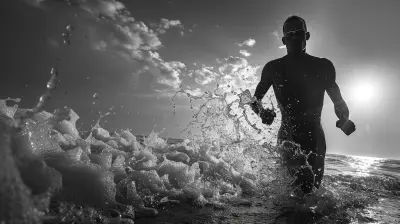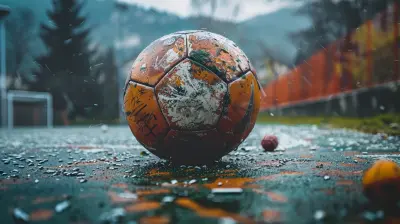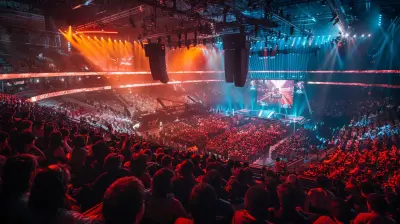The Role of Social Media in the Success of Esports Athletes
26 October 2025
Let’s be honest—ten years ago, if you told someone that playing video games could turn you into a global superstar with sponsorships, loyal fans, and six-figure earnings, they’d probably laugh it off. Today? Esports is not only real, it’s booming. And while skill is at the heart of an esports athlete’s success, there’s another quiet MVP behind the scenes—social media.
It’s easy to think esports success is all about lightning-fast reflexes and top-tier mechanics. But there’s a whole other side to the grind. Your audience, your presence, your brand—it all lives and breathes through your social platforms.
So, how exactly does social media fuel an esports player’s rise? Let’s dive into the role social media really plays in launching a gaming career to new heights.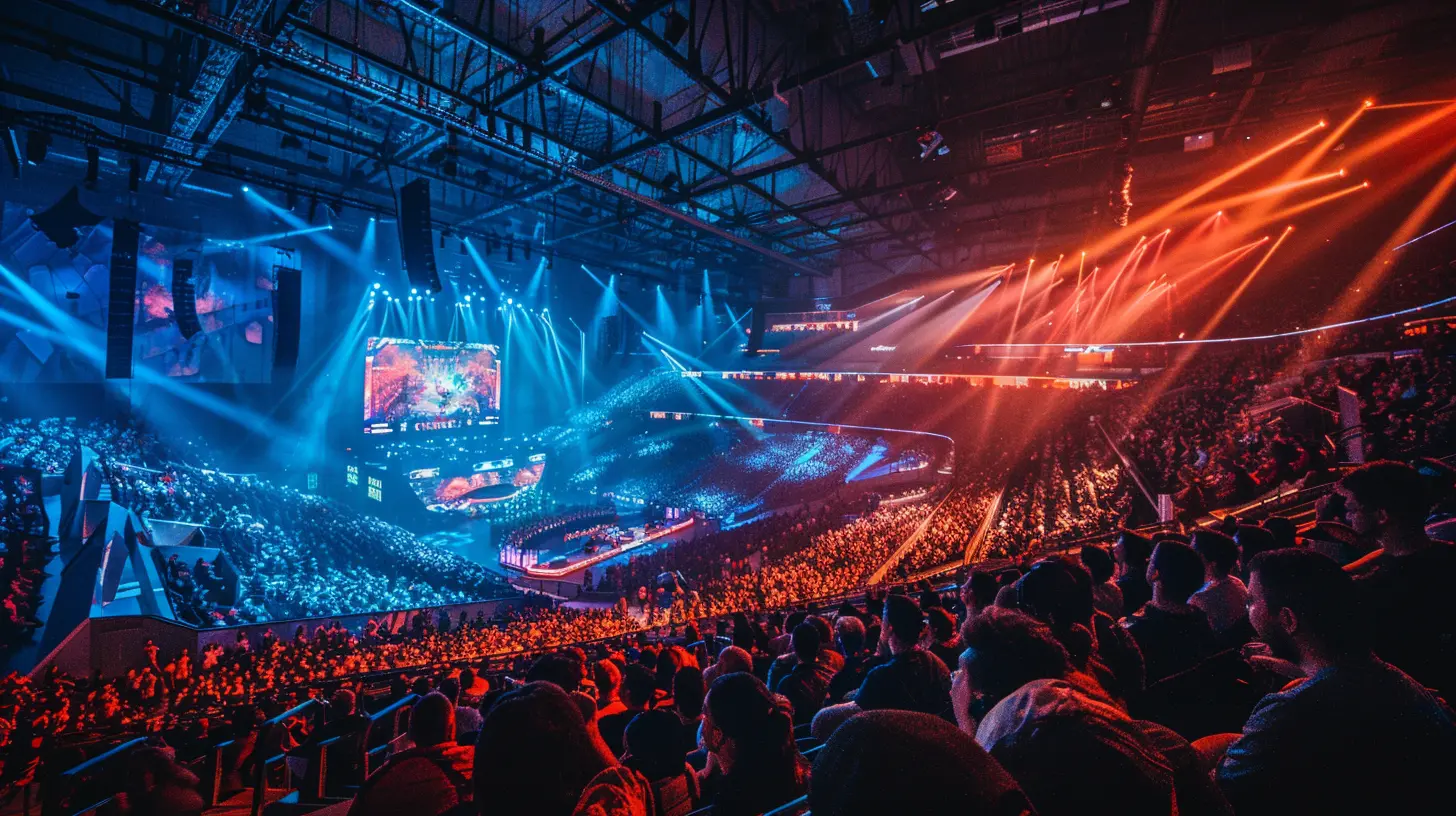
The Digital Arena Outside the Game
Before we even get into it, think about something: What’s the first thing you do after watching a sick play or a clutch moment? You head over to Twitter or TikTok to check out the reactions, right? That’s the power of digital buzz.Esports lives online, so naturally, its heroes shine brightest on social media. Platforms like Twitter, Instagram, Twitch clips, YouTube shorts, and even LinkedIn (yes, even that) have become digital arenas where esports athletes build their legacies.
Social media isn't just about showing off. It’s about storytelling. And in esports, storytelling is what turns a player into a fan-favorite icon.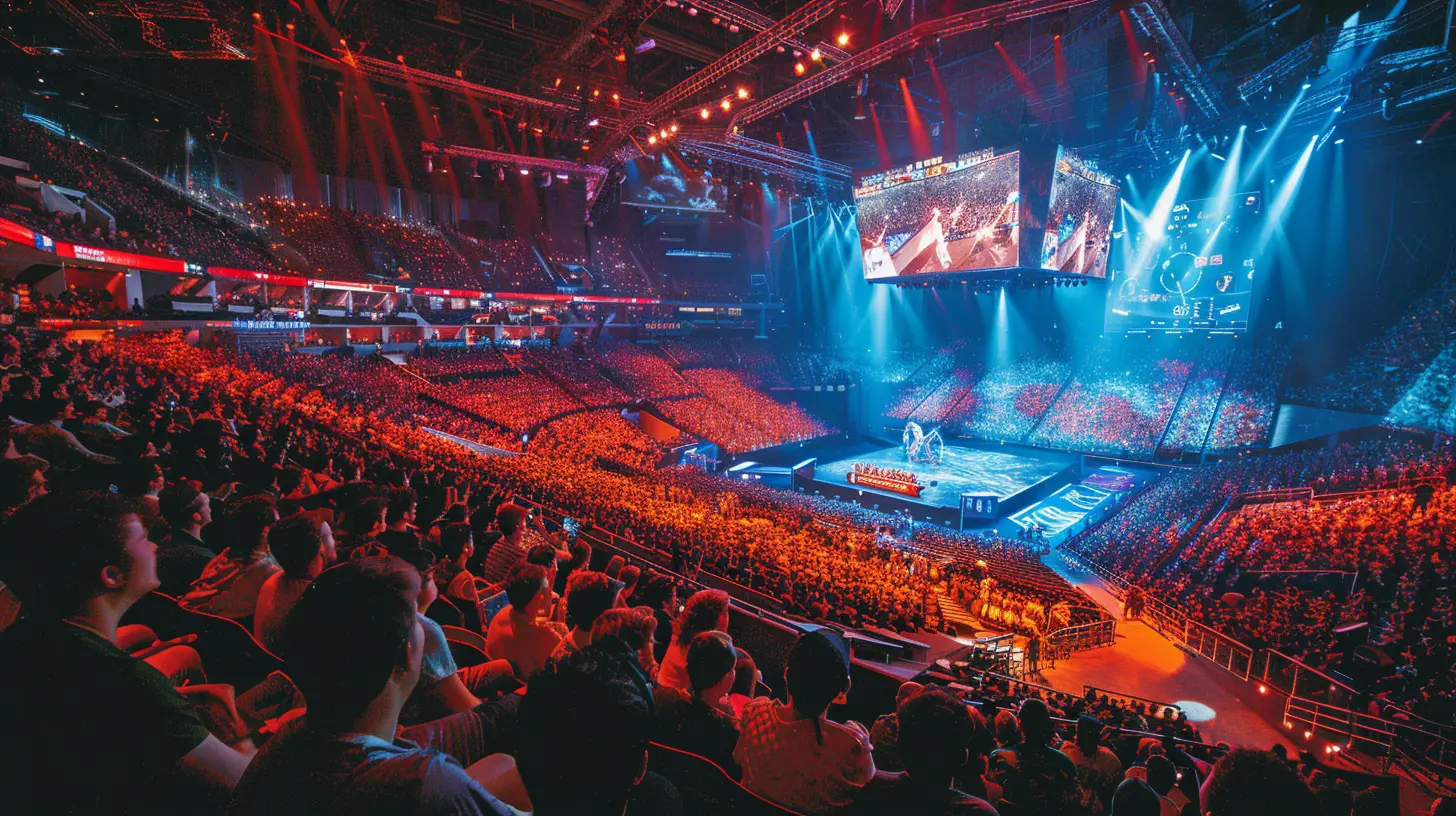
Building a Personal Brand
Let’s face it, talent alone doesn’t cut it anymore. In the saturated world of esports, your gameplay might get people to notice you, but your personality is what keeps them around. That’s where social media shines.Why Branding Matters
Think of it like this: Your personal brand is your player skin. It tells people who you are, what you stand for, and why they should care. Are you the chill, always-hyped streamer? The serious, laser-focused grinder? The goofball who trash talks (but with style)? Social media helps you define that persona.Consistency is Key
Being consistent with your voice, tone, and content builds trust. Whether you're sharing match highlights, behind-the-scenes moments, or just your morning coffee—people start connecting with you, not just the player you portray on stage.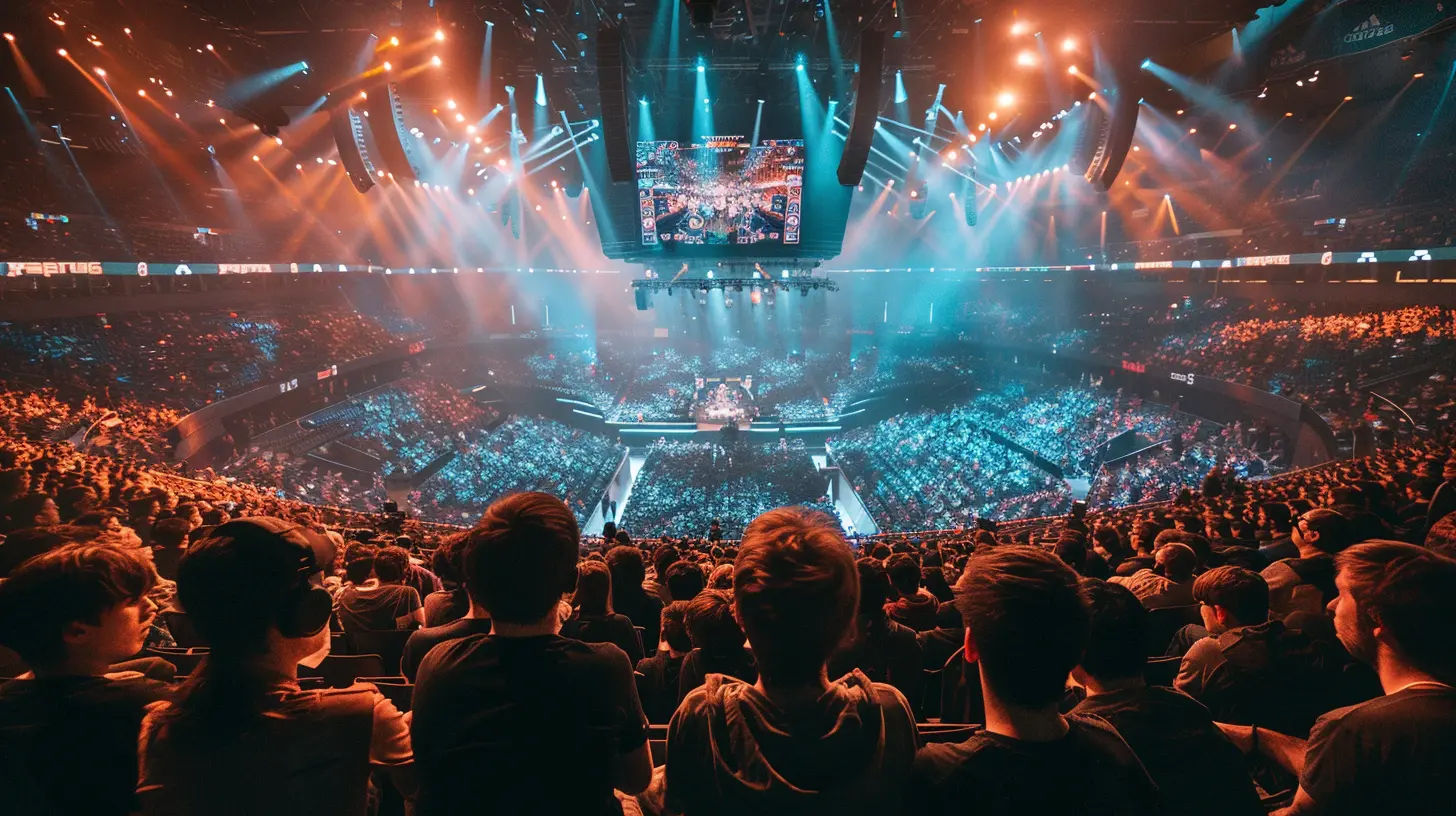
Direct Fan Engagement
One of the coolest things about social media is that it breaks down walls. Your fans can literally comment, like, share, and even DM you. That kind of access didn’t exist in traditional sports for decades.Fans Love Feeling Involved
When fans get replies, retweets, or even shoutouts from their favorite player, it builds loyalty like nothing else. Suddenly, they’re not just watching—you’ve let them in.And let’s not forget the power of memes. Sometimes, a funny post or a lighthearted moment can go viral and introduce thousands of new people to your content. All it takes is one well-timed tweet.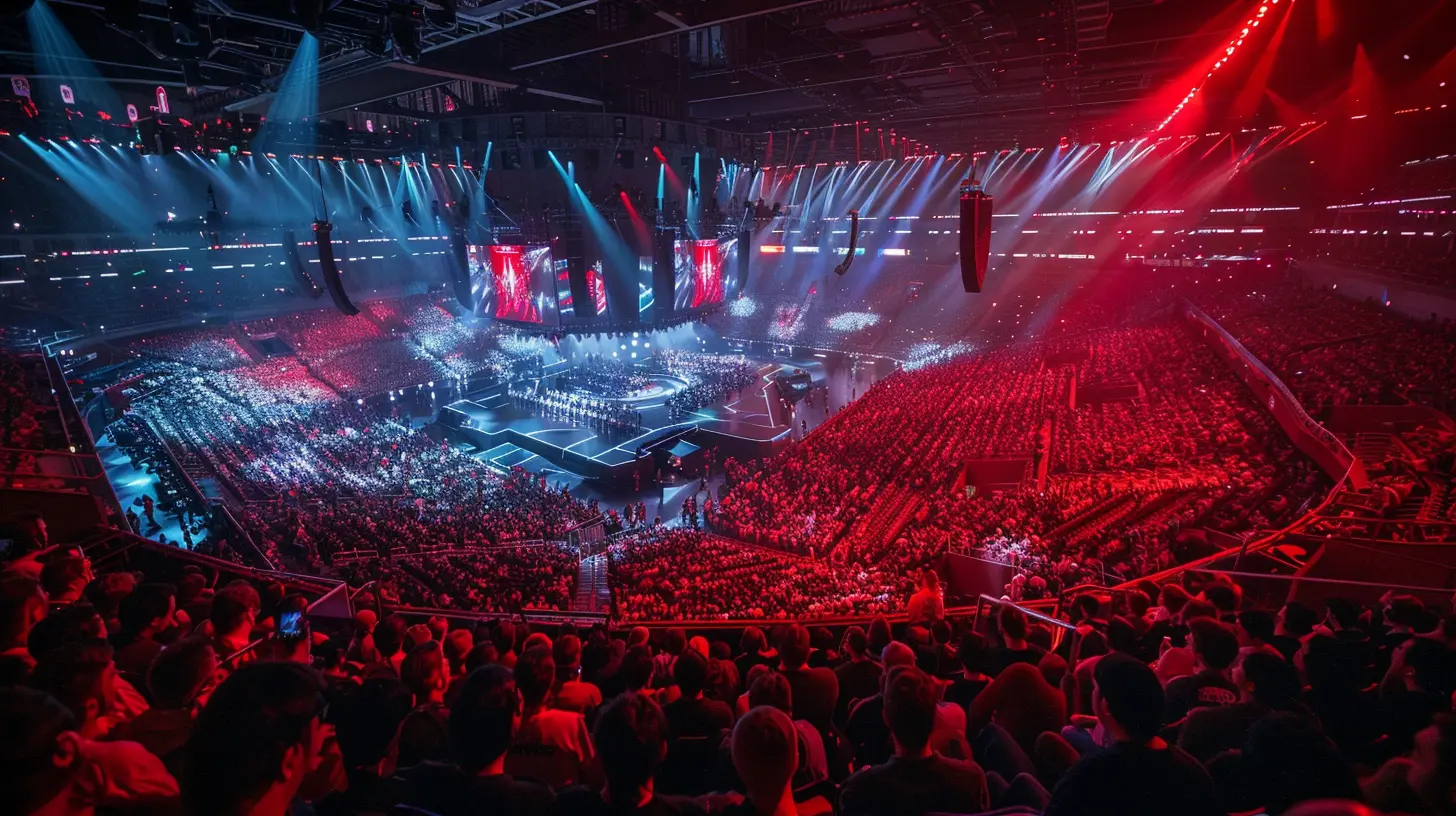
Networking and Collabs
In esports, just like in business, who you know matters. And where do those connections happen? You guessed it—on social media.Sliding Into the Right DMs
Whether it's partnering with other creators, onboarding with a new team, or even just vibing with your gaming peers, social platforms are where those initial handshakes happen. From reposting each other’s content to full-blown collaborations, social engagement helps establish credibility in your niche.Want to get noticed by gaming orgs? Consistent activity on social media is like raising a flag that says, “Hey, I’m serious about this.”
Sponsorships and Brand Deals
Now here’s where things get real. When companies scout esports talent for sponsorship deals, they don’t just look at your KD ratio. They’re checking your engagement rates, follower growth, and audience loyalty. That’s code for—you guessed it—your social media game.Your Socials Are Your Resume
Brands want ambassadors, not just billboards. Active athletes who know how to represent themselves and engage with their audience are far more valuable. Whether it’s wearing a sponsored hoodie on stream or shouting out a new energy drink, it all comes down to trust. And that’s cultivated through daily, authentic content online.So, if you dream of snagging that juicy GFuel or Razor deal? You’d better have your content lined up and engaging.
Mental Health and Community Support
This one’s often overlooked, but it’s just as crucial. Social media can be a rollercoaster—between adoration and online hate, it can mess with your head. But it can also be a source of immense support when you use it right.Building a Safe Space
Many esports athletes use their platforms to talk openly about burnout, anxiety, and the pressures of competition. It not only humanizes them but strengthens their bond with the community. Sharing struggles doesn’t make you weak—it's real, and real is relatable.By doing this, you’re not just building a fanbase; you’re creating a tribe. A community that sticks with you through wins and losses alike.
Showcasing Content Beyond the Game
Gameplay is only one part of the puzzle. Esports athletes who go the extra mile with their content—vlogs, reaction videos, tutorials, lifestyle posts—they’re the ones that really blow up.Multi-Platform Dominance
Here’s a quick glance at how different platforms help athletes win the long game:- Twitch: Live gameplay, real-time reactions, Q&As.
- Twitter: Fast updates, memes, hot takes (or spicy drama).
- YouTube: Long-form content, behind-the-scenes, tutorials.
- Instagram: Lifestyle shots, reels, digestible clips.
- TikTok: Trends, short highlights, viral challenges.
Each one plays a different role, but together? That’s your digital empire.
Real-World Examples of Social Media Stardom
Let’s take a walk through some real-life esports athletes who’ve mastered the social game.1. Bugha
After winning the Fortnite World Cup, Kyle “Bugha” Giersdorf didn’t just disappear into the shadows. He became a face of the game. Why? His Twitter was active, his YouTube was consistent, and he engaged constantly with fans.2. Faker
Sure, Faker is a gaming god. But the mystery around him makes his rare social media posts feel like events. He doesn’t flood the timeline—he drops just enough to keep fans intrigued.3. Valkyrae
She’s not your typical esports athlete, but her presence within gaming is massive. From lifestyle content to fashion drops and honest convos with fans, Rae’s social game is next level.These creators didn’t just win games—they won hearts. And they did it through powerful, consistent social engagement.
Tips for Aspiring Esports Athletes Wanting to Leverage Social Media
So, you’re an up-and-comer wanting to make your mark? Here are a few golden tips to help you use social media like a pro:1. Be Authentic – People can smell fake from a mile away. Just be you.
2. Showcase Your Journey – Wins, losses, grind sessions—post it all.
3. Engage Daily – Reply to comments, post regularly, interact with peers.
4. Use Visuals – Memes, clips, graphics—make your feed pop.
5. Stay Consistent – Pick a rhythm and stick to it.
6. Respect the Platforms – Each one has its own vibe. Don’t treat TikTok like LinkedIn.
The Future of Esports and Social Media
We’re just scratching the surface here. As the metaverse evolves and streaming tech advances, esports stars might soon have AI-driven fan interactions or mixed-reality events powered through social platforms.Could you imagine training in VR while your fans watch live holograms of you in Times Square? Sounds wild now, but so did making a million bucks playing Fortnite just a few years ago.
Social media will only become more important moving forward—and those who adapt early will dominate tomorrow.
Final Thoughts
At the end of the day, the grind is real—and it’s not just about hours in the lobby. Esports athletes today are full-blown content creators, marketers, and entrepreneurs. And social media? It’s the launchpad that makes it all possible.So if you're out there chasing the dream, remember: sharpen your mechanics, sure—but also build your voice, your brand, and your presence online. Because your next big opportunity might not come from a cracked 1v3 clutch—it could come from a retweet.
all images in this post were generated using AI tools
Category:
EsportsAuthor:

Uziel Franco
Discussion
rate this article
1 comments
Greyson Harper
Social media magic boosts esports athletes' success!
October 26, 2025 at 9:06 PM

Uziel Franco
Absolutely! Social media plays a crucial role in amplifying esports athletes' visibility, fostering fan engagement, and creating sponsorship opportunities, all of which contribute to their success.
